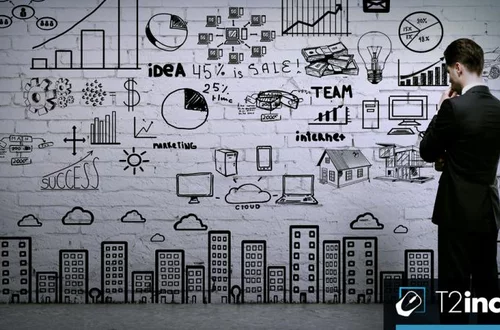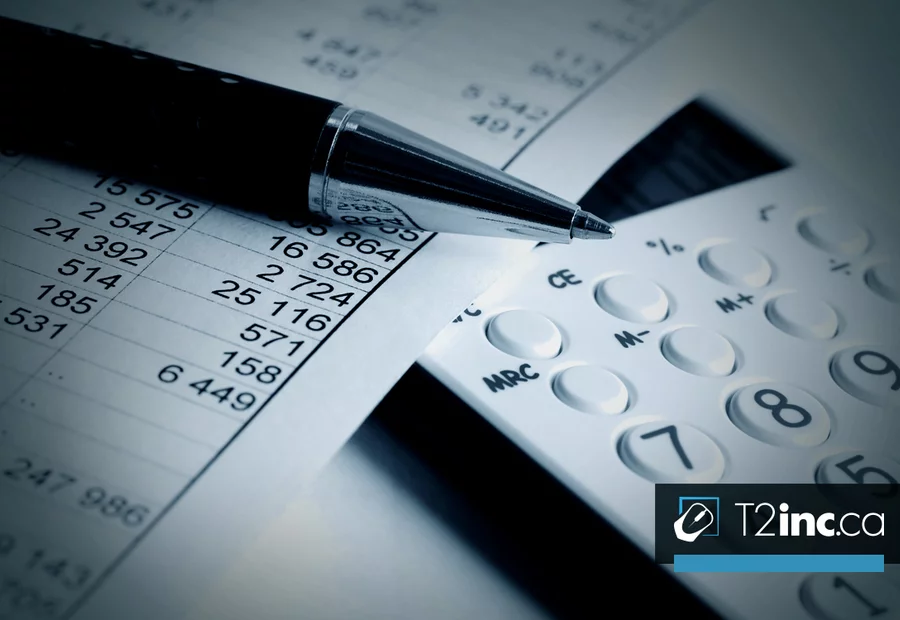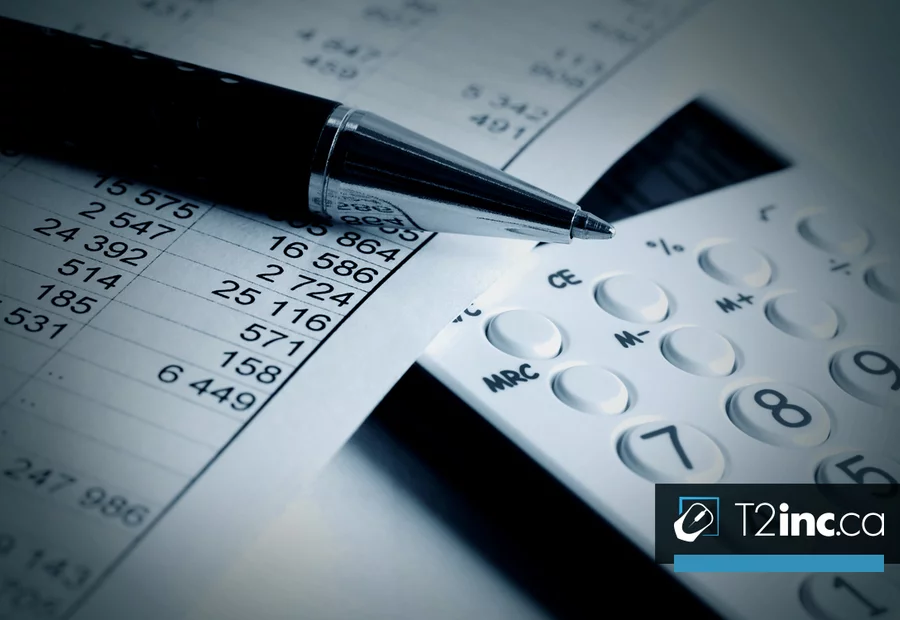What is Cost Accounting?

Cost accounting is an accounting method that involves detailed analysis and monitoring of production costs. It aims to identify direct and indirect costs associated with the production of goods or services and related company activities.
Understanding cost accounting is essential for businesses in all sectors, including manufacturing, retail, service and not-for-profit organizations. It allows for informed planning and cost management decisions, and improves the overall profitability of a business.
In this article, our business accountants explain in detail what cost accounting is and how it can improve your company's overall profitability.
Cost accounting: an overview
Cost accounting is a specific branch of financial accounting. Cost accounting has a twofold objective. First, it aims to identify, calculate, classify and record the cost of production and distribution of goods and services. At the same time, it also aims to forecast operating expenses and income, to record their occurrence and to explain the resulting differences.
Who is it intended for?
Cost accounting is useful whenever cost analyses must be carried out. It applies to businesses and organizations of all types.
Difference between financial and cost accounting
Financial accounting and cost accounting are two types of business accounting used to monitor and analyze production costs. Although they are related, they have different functions and purposes.
Financial accounting tracks a company's financial transactions and produces financial statements such as balance sheets, income statements and cash flow statements. The focus is on tracking day-to-day transactions like sales, purchases, payments and receipts, as well as investments and financing.
Cost accounting, on the other hand, tracks the production costs of products or services in detail. Cost accounting aims to identify direct and indirect costs and make it possible to do a detailed analysis so that you can understand cost structure, identify areas of waste and optimization, and improve company profitability.
It is important to note that financial accounting is mandatory for all companies, while cost accounting is optional. However, companies that use cost accounting can benefit from a better understanding of their profitability, in addition to performing cost optimization and making better decisions.
What are the advantages of cost accounting?
There are many advantages to cost accounting. First, it makes it possible to determine the cost of a good or service, including expenses incurred in production, such as material, labour and other direct or indirect expenses.
Another advantage of cost accounting is that it makes it possible to analyze the cost of every activity within a company. This means you can separate all costs and classify them into different categories, with the goal of minimizing or optimizing production expenses.
Cost accounting is also a valuable decision-making tool. Once costs have been tracked, classified and analyzed, a manager only has to add the percentage of profit margin he wants in order to come up with an appropriate selling price for a specific service or good, to meet profit goals.
How to set up cost accounting
Implementing cost accounting in a business may seem complex, but it can be accomplished by following a few key steps. If you need the help of a chartered accountant, contact us!
Follow these steps to set up a cost accounting system in your company:
- Define your objectives: Before you start implementing cost accounting, you need to define the specific objectives you want to achieve. These may include identifying production costs, understanding cost structures, optimizing costs, making informed decisions, etc.
- Identify costs to be tracked: It is important to identify which costs you will track in order to understand their structure and their impact on the overall profitability of the company. These can include direct costs (materials, labor, etc.) and indirect costs (electricity, rent, overhead, etc.).
- Choose a cost accounting method: There are several cost accounting methods, including partial costing, Activity Based Costing (ABC) and full costing. It is important to choose the method that best suits your company and objectives.
- Collect data: You will need the right data to track costs in detail. This may require that you set up data collection systems like production dashboards, expense reports, time sheets, etc.
- Analyze the data: Once data has been collected, take the time to analyze the results so that you can understand cost structure and its impact on the overall profitability of your business. You can use data analysis software or analyze data manually.
By following these key steps, you can implement cost accounting in your business and gain a better understanding of your production costs, and more. Do you need help? Ask a team of tax accountants!
How to calculate the cost of goods sold in cost accounting
Costing is one of the main objectives of cost accounting. It allows companies to understand their own cost structure and fix optimal selling prices for their products or services. Follow these steps to calculate the cost of goods sold:
- Identify direct costs: Direct costs can be directly attributed to the production of a product or service, such as raw materials, direct labor and subcontracting costs. You will need to identify these costs accurately to calculate the cost of goods sold.
- Identify indirect costs: Indirect costs cannot be directly attributed to the production of a product or service. For example, the cost of procuring electricity, paying rent, etc.
- Calculate the total cost: Once you have identified direct and indirect costs, you can calculate the total cost of production. The total cost is the sum of all direct and indirect costs associated with the production of a product or service.
- Determine the quantity produced: You need to know the quantity produced in order to calculate cost per unit. Refer to your company's production data.
- Calculate the cost per unit: The cost per unit is calculated by dividing total cost by quantity produced. This determines the cost of production for each unit produced.
- Determine the optimal selling price: Once the cost per unit has been determined, it will be possible to choose an optimal selling price to maximize company profits.
By following these steps, you can do cost accounting and gain a better understanding of your cost structure, which will help you make the best possible decisions for your company.
T2inc helps you with your cost accounting
While cost accounting identifies, calculates, classifies and records the cost of activities involved in the production and distribution of goods and services, it also provides critical assistance to management, who can rely on it to make better business decisions.
At T2inc, our experts are at your disposal to answer all your questions and help you implement this key method in your company. In addition to cost accounting, we offer a full range of accounting and tax services for businesses of all sizes. Contact us today to learn more about our services and to arrange a free consultation.
Contact our experts
Have a question? Need help? Fill out our online form to get help from our experts.
Contact usNeed more help?
Contact us by filling out our form
Are you interested in our services, but would like more information before taking the plunge? Contact us today and one of our tax accountants will be in touch to help you.
At T2inc.ca, we're committed to helping business owners manage their company's tax affairs so they can grow their business.




